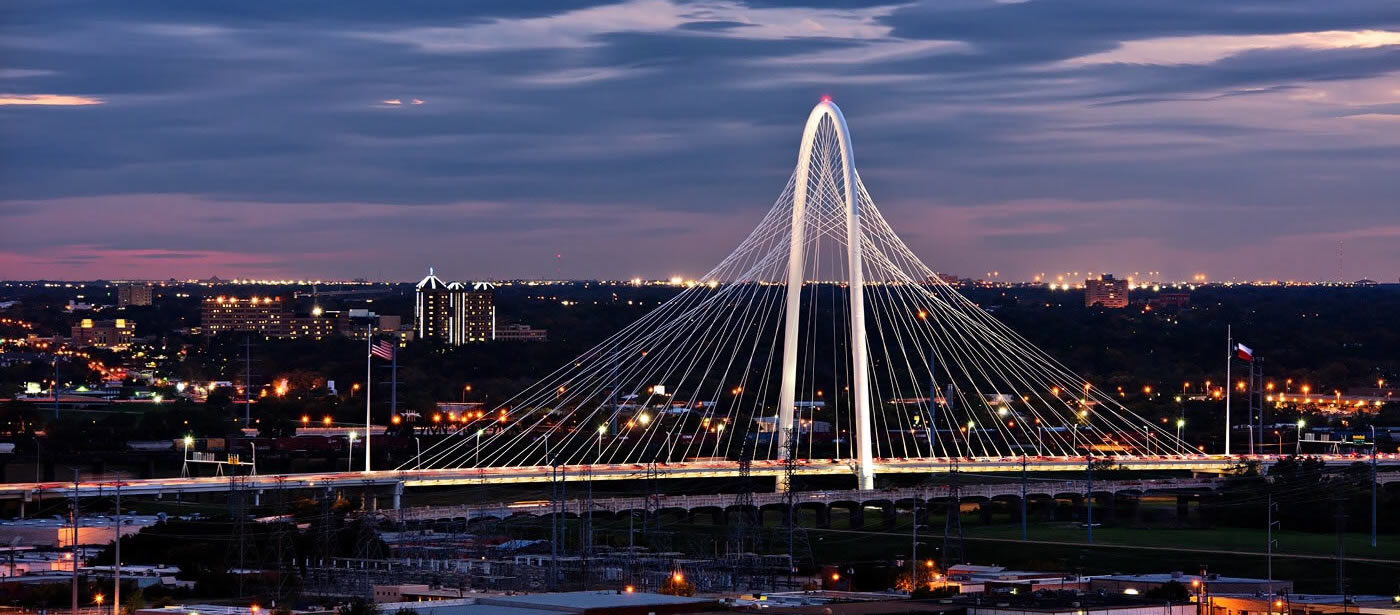Restaurants continue to sustain serious economic damage amidst COVID-19. Adjusting for inflation, consumer spending at restaurants plunged to its lowest level in over 30 years – since October 1984.
According to industry reports and data available from the U.S. Census Bureau, restaurant sales were $32.4 billion on a seasonally adjusted basis in April, as compared to $65.4 billion in sales just two months earlier. Ouch.
Slowly, around the country, restaurants are beginning to reopen under the mixed, at times confusing and often inconsistent, guidance provided by federal, state, and local laws and recommended guidelines. Worse yet, these recommended practices, compliance regulations, and other legal requirements are in constant motion, sometimes evolving day-to-day. What does this mean for restaurants, especially those with establishments in different parts of the U.S., and their employees? Restaurants must develop practices that minimize health risks, comply with local laws, and try to do so in a way that is welcoming to their much-needed customers – many of whom may have different points-of-view on what “welcoming” looks like.
Controversial Moves
As many of us have learned from personal experience, the facial mask has become perhaps the most obvious and recognizable form of personal protective equipment (“PPE”) in the pandemic. It has also become a source of political controversy. On Mother’s Day, the owners of C & C Breakfast & Korean Kitchen in Castle Rock, Colorado, invited customers to the restaurant, without face masks, to protest Colorado regulations limiting restaurants to takeout and delivery and requiring workers to wear face masks. Hundreds of diners headed to the restaurant. The Colorado Health Department shut down C&C Breakfast & Korean Kitchen the very next day.
Here in Texas, masks are recommended but not required, although some local laws are stricter. Dallas County Judge Clay Jenkins amended his safer-at-home orders earlier this month to require restaurant and food preparation and processing employees to wear masks. The Hillstone Restaurant Group, the well-known purveyor of famous spinach artichoke dip with 45 locations in multiple states, decided, however, that its Texas servers would not wear masks. Why? Hillstone felt the face mask did not fit with the restaurant’s style of service.
A server sued, State District Judge Tonya Parker granted the temporary restraining order to the employee on May 7, 2020, and a final ruling is expected soon. Hillstone received significant backlash, including a rise in Tweets tagged “BoycottHillstone.” The company has since amended its policy.
So, what is next? Many industry leaders believe that visible signs of sanitation, including masks, will simply become an accepted and normal part of hospitality, adopted and implemented into restaurant business operations in the same way other changes have been, for example technology and the adoption of online reservations.
To learn more about the new rules or obtain assistance making changes, contact our office for more information. Our attorneys are available to assist employers and business owners in complying with all relevant federal, state, and local laws.
Sources for further information:
“COVID-19 Reopening Guidance: A Guide for the Restaurant Industry,” April 22, 2020, from the National Restaurant Association
“The New Face of Restaurant Hospitality Wears a Mask,” Kim Sverson, May 18, 2020, The New York Times



